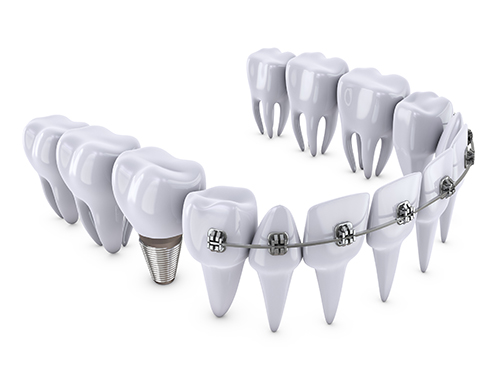Post-Procedure Care
July 21st, 2017

As with any surgery, post-procedure care is of utmost importance after getting periodontal surgery. Bleeding, pain, swelling, and other sensations are common and should be expected to a degree. This can manifest as small amounts of blood in your saliva, pain after anesthesia wears off, and swelling around the lips and cheeks. However, these symptoms should start improving after a several days.
Below you'll find recommendations from Dr. Elliot Weinstein on what you should do to make your post-procedure experience as quick and painless as possible:
Don't smoke - After your surgery you should definitely not smoke. Smoking will inhibit your body's ability to heal the surgical site.
Don't drink alcohol - If you are taking prescription or over-the-counter pain relievers, don't drink alcohol. And it is a good idea in general to avoid alcohol after surgery, since excess alcohol consumption suppresses immune system function and slows the healing process.
Take pain medication as prescribed or an alternative - Pain is to be expected for at least the first week after your procedure. If you choose to take the prescription medication that is prescribed to you, do so as directed. However some patients have found over-the-counter pain medication works for them. You may also consider natural herbs instead of pharmacological solutions. Try turmeric, arnica, or white willow bark (which is what aspirin is derived from, so the same warnings for aspirin apply to white willow bark.)
Eating with your surgical site in mind - It is best to chew on the other side of your mouth for the first several days so as not to irritate the surgical site. Avoid overly cold or hot foods as well. Softer foods like mashed potatoes, oatmeal, and fruit will be more comfortable to chew.
Avoid brushing the surgical site - You can start brushing and flossing your teeth the day after the procedure but avoid the surgical site.
Don't rinse for the first 24 hours - After the first day has passed you can rinse with a mild mouthwash to keep your mouth, dressing, and surgical site clean.
We're here to answer any questions you have after your procedure and will help you as best we can. Pay special attention to any excessive bleeding or discomfort. Contact our Toronto, ON office immediately if you have tried addressing the issue on your own but are still having trouble.



